Timothy Donnelly's 6 favorite contemporary poets
The Boston Review's poetry editor recommends authors whose poetry collections are as surprising as they are insightful
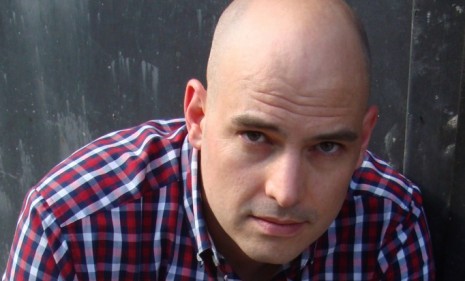
A free daily email with the biggest news stories of the day – and the best features from TheWeek.com
You are now subscribed
Your newsletter sign-up was successful
Ten Walks/Two Talks by Jon Cotner and Andy Fitch (Ugly Duckling, $14). In this book about New York, inspired by the travel diaries of the Japanese poet Basho, Cotner and Fitch perfected a style—hip, wry, goofy, chill, patient, wide-eyed, curious, wise—that’s as difficult to pin down as it is infectious. Reading this book enhances the way you perceive what’s new as it gently reanimates what you think you already know.
The Waste Land and Other Poems by John Beer (Canarium, $14). This tongue-in-cheek homage to various literary monuments (including works by Marx, Rilke, and, of course, Eliot) is also a serious sendup of literary momentousness. Beer might have found 100 ways to go wrong in this audacious debut, but he writes his way around all of them and triumphs.
English Fragments: A Brief History of the Soul by Martin Corless-Smith (Fence, $19). With great discernment and one of the best-tuned ears in poetry today, British-born Corless-Smith sifts excerpts from his vast reading into lyric fragments of rare elegance.
The Week
Escape your echo chamber. Get the facts behind the news, plus analysis from multiple perspectives.

Sign up for The Week's Free Newsletters
From our morning news briefing to a weekly Good News Newsletter, get the best of The Week delivered directly to your inbox.
From our morning news briefing to a weekly Good News Newsletter, get the best of The Week delivered directly to your inbox.
Raptus by Joanna Klink (Penguin, $18). Part of what makes Klink’s poems so remarkable is their refusal to rely on the ironic tones and gestures that are stock-in-trade among her contemporaries. In this intensely lyrical book, her third and best, a crisis of faith provides the occasion to commit again to a life of compassion, care, and grace.
Mean Free Path by Ben Lerner (Copper Canyon, $16). Knowing that trains of thought constantly collide in Lerner’s third book doesn’t quite prepare you for the complicated beauty of it. An ingenious study in interruption and loss, it is no less a tribute to not letting go, to picking up where one left off.
Come on All You Ghosts by Matthew Zapruder (Copper Canyon, $16). In his third collection, Zapruder continues to cultivate a tenderhearted outlook on life and “whatever’s the opposite of the need / to control everything.” The fact that he does so in an effort to be happy despite good reasons not to be (death, depression, war) lends the book a surprising gravitas and dignity.
—Timothy Donnelly, the poetry editor of the Boston Review, has just published a second collection of poems, The Cloud Corporation
A free daily email with the biggest news stories of the day – and the best features from TheWeek.com
-
 The Week Unwrapped: Do the Freemasons have too much sway in the police force?
The Week Unwrapped: Do the Freemasons have too much sway in the police force?Podcast Plus, what does the growing popularity of prediction markets mean for the future? And why are UK film and TV workers struggling?
-
 Properties of the week: pretty thatched cottages
Properties of the week: pretty thatched cottagesThe Week Recommends Featuring homes in West Sussex, Dorset and Suffolk
-
 The week’s best photos
The week’s best photosIn Pictures An explosive meal, a carnival of joy, and more
-
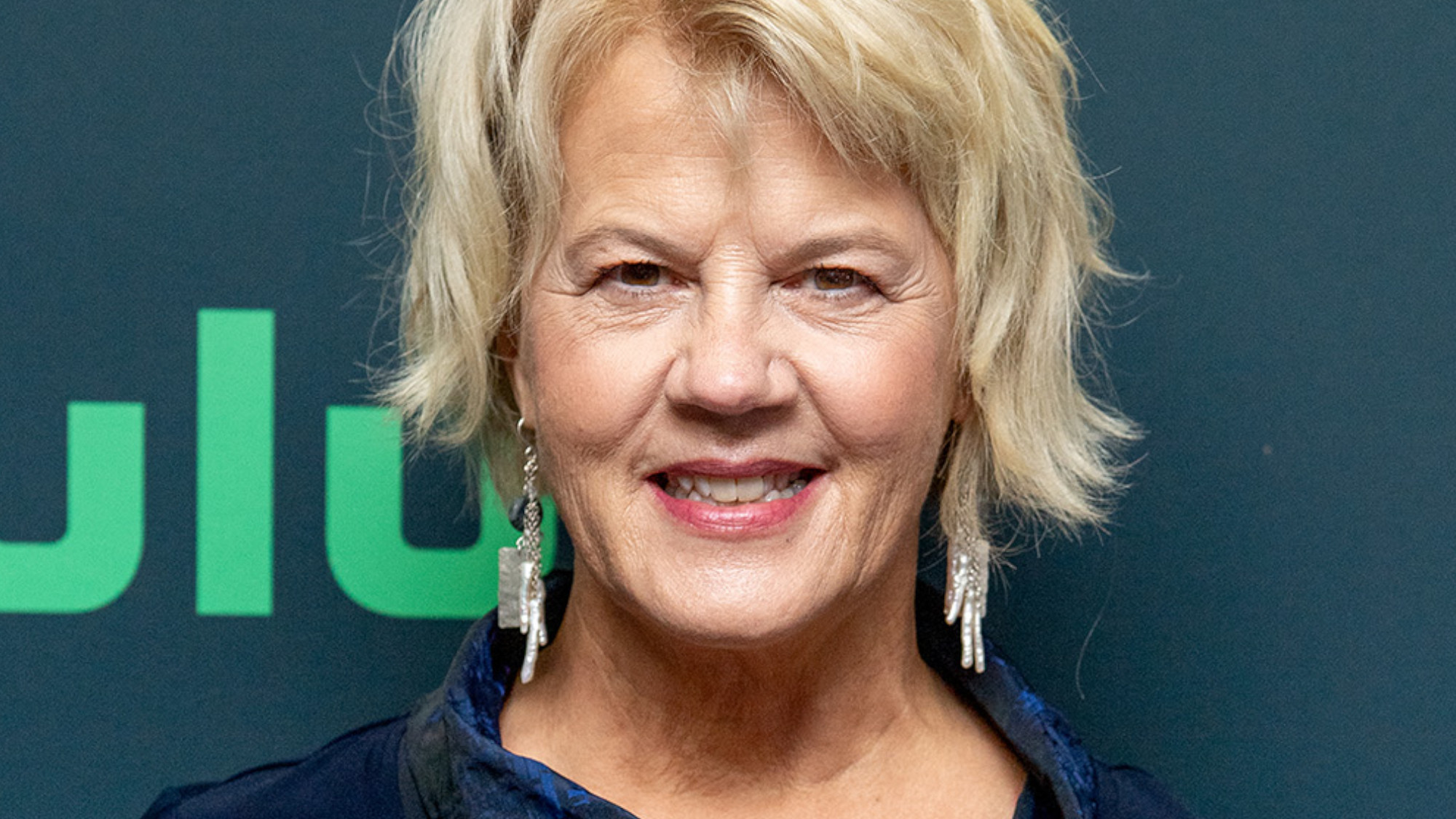 Beth Macy’s 6 favorite books about living in a divided nation
Beth Macy’s 6 favorite books about living in a divided nationFeature The journalist recommends works by Nicholas Buccola, Matthew Desmond, and more
-
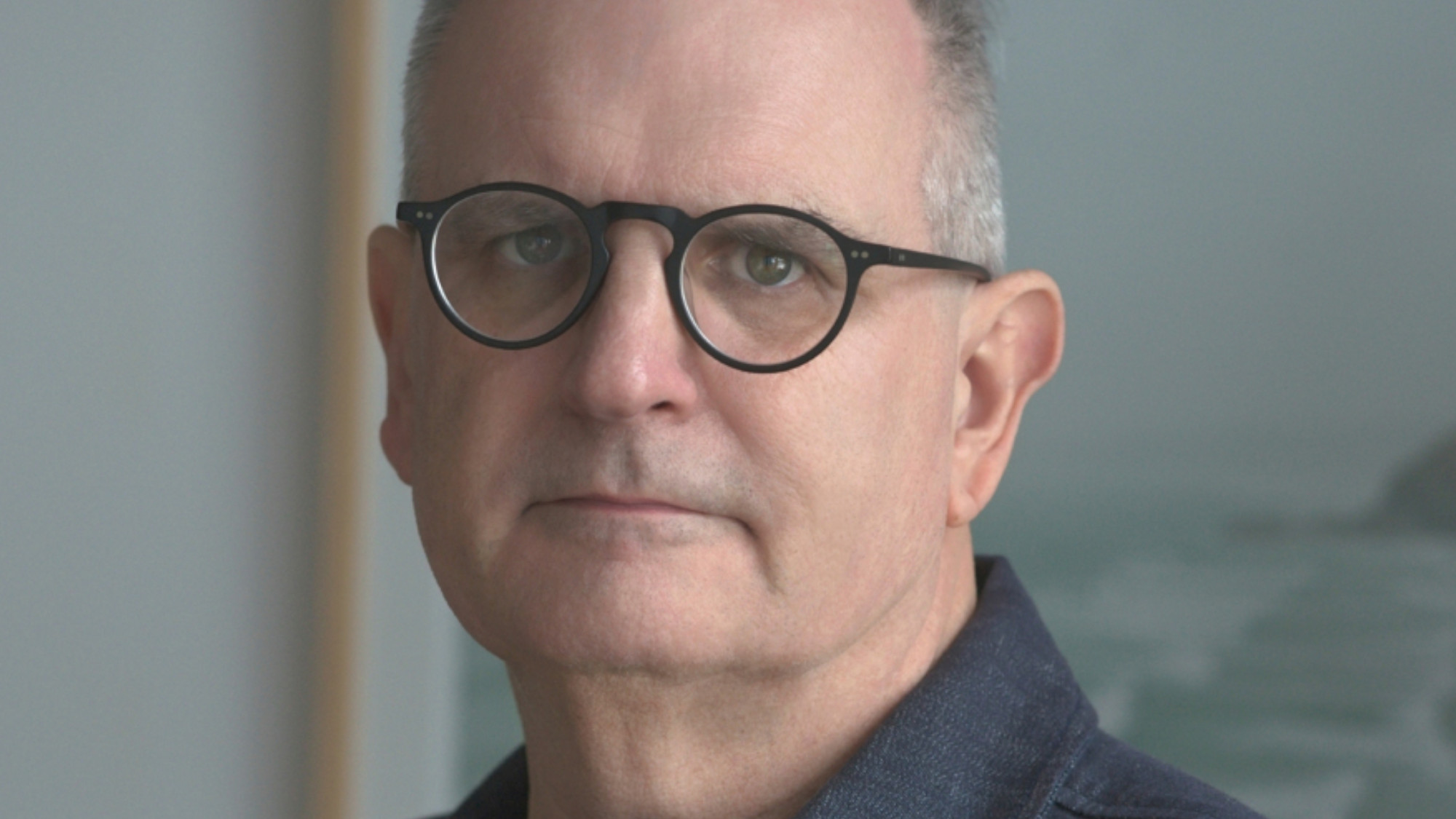 Gilbert King’s 6 favorite books about the search for justice
Gilbert King’s 6 favorite books about the search for justiceFeature The journalist recommends works by Bryan Stevenson, David Grann, and more
-
 Nathan Harris’ 6 favorite books that turn adventures into revelations
Nathan Harris’ 6 favorite books that turn adventures into revelationsFeature The author recommends works by Kazuo Ishiguro, Ian McGuire, and more
-
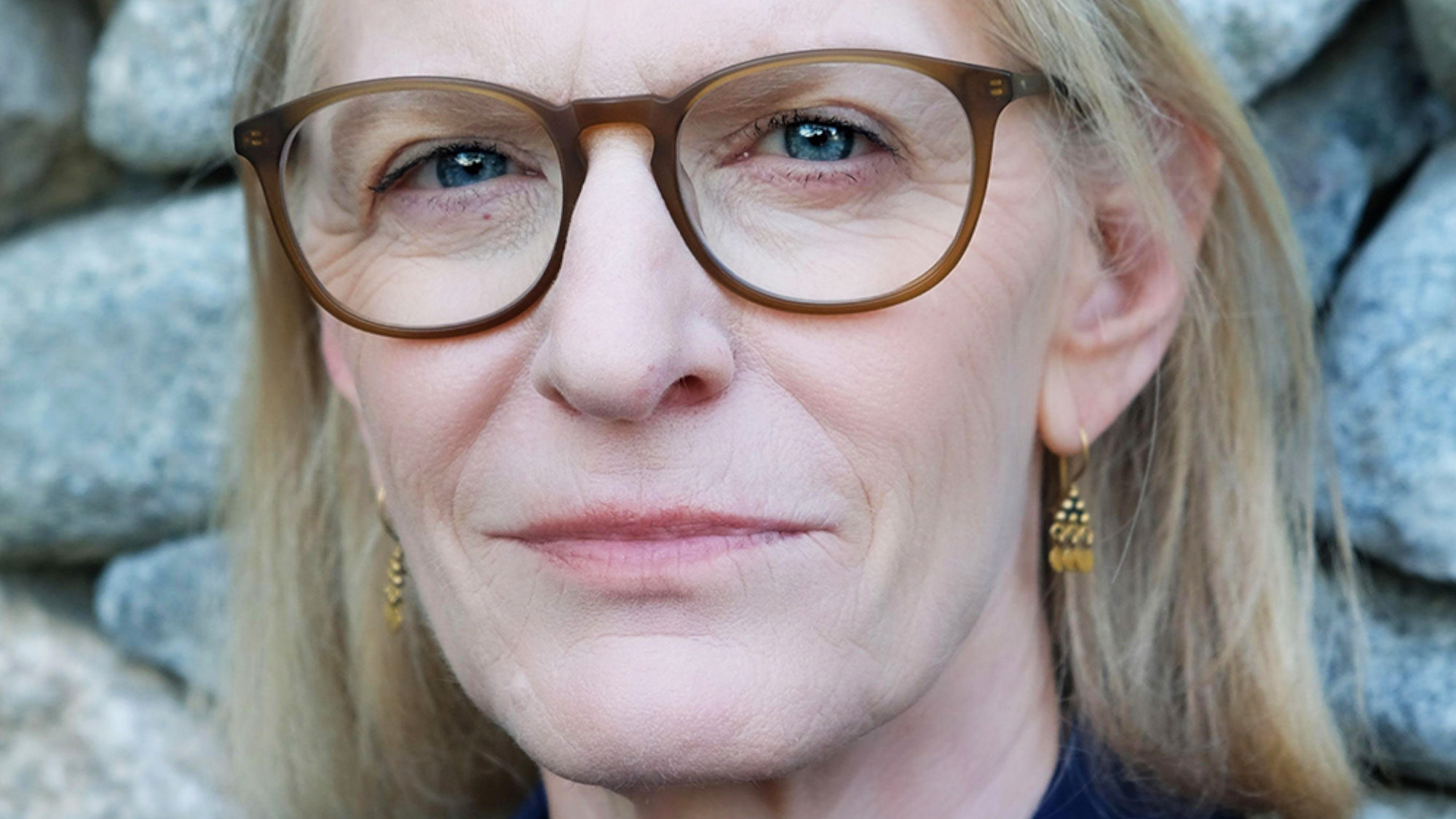 Marisa Silver’s 6 favorite books that capture a lifetime
Marisa Silver’s 6 favorite books that capture a lifetimeFeature The author recommends works by John Williams, Ian McEwan, and more
-
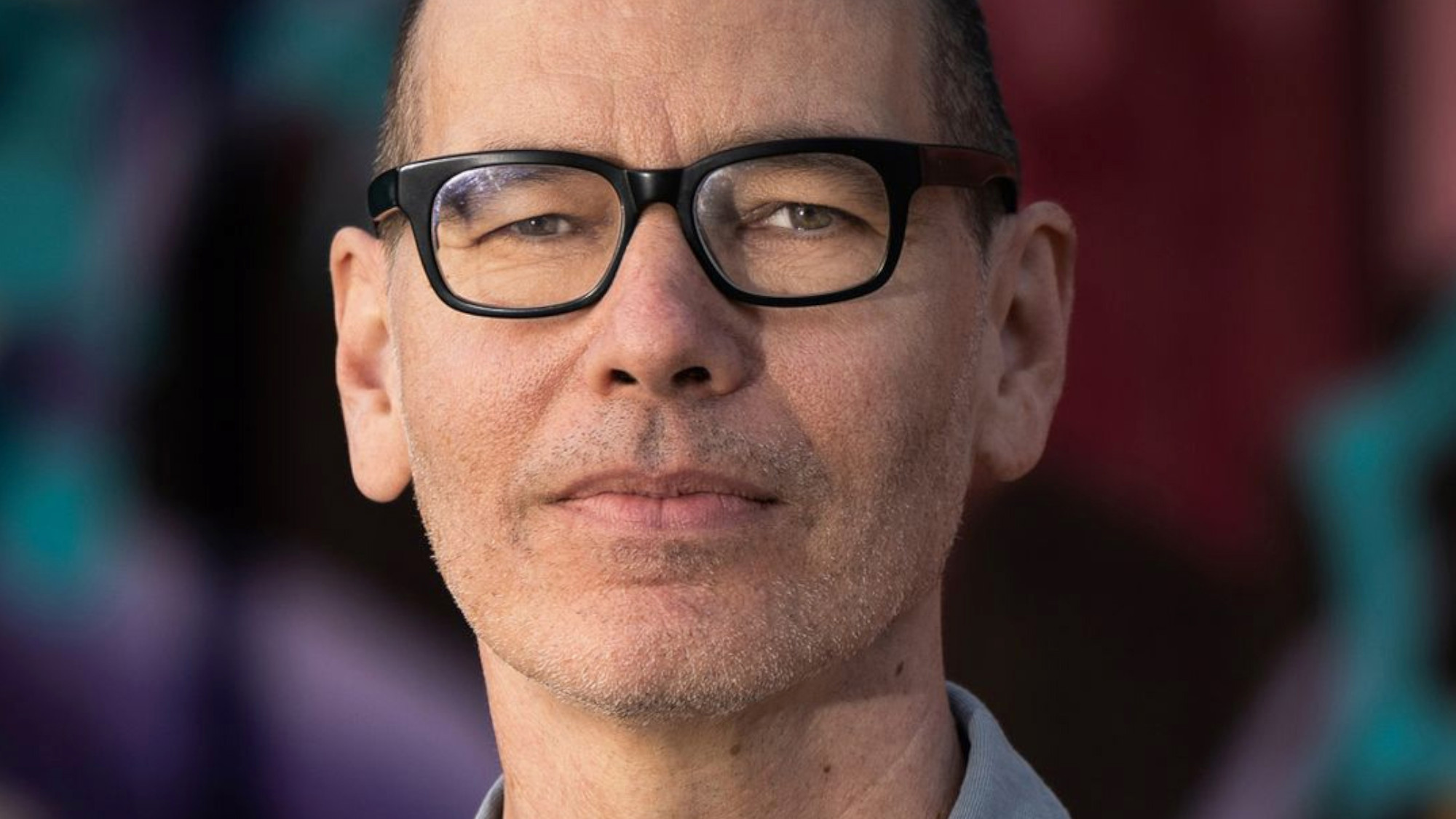 Lou Berney’s 6 favorite books with powerful storytelling
Lou Berney’s 6 favorite books with powerful storytellingFeature The award-winning author recommends works by Dorothy B. Hughes, James McBride, and more
-
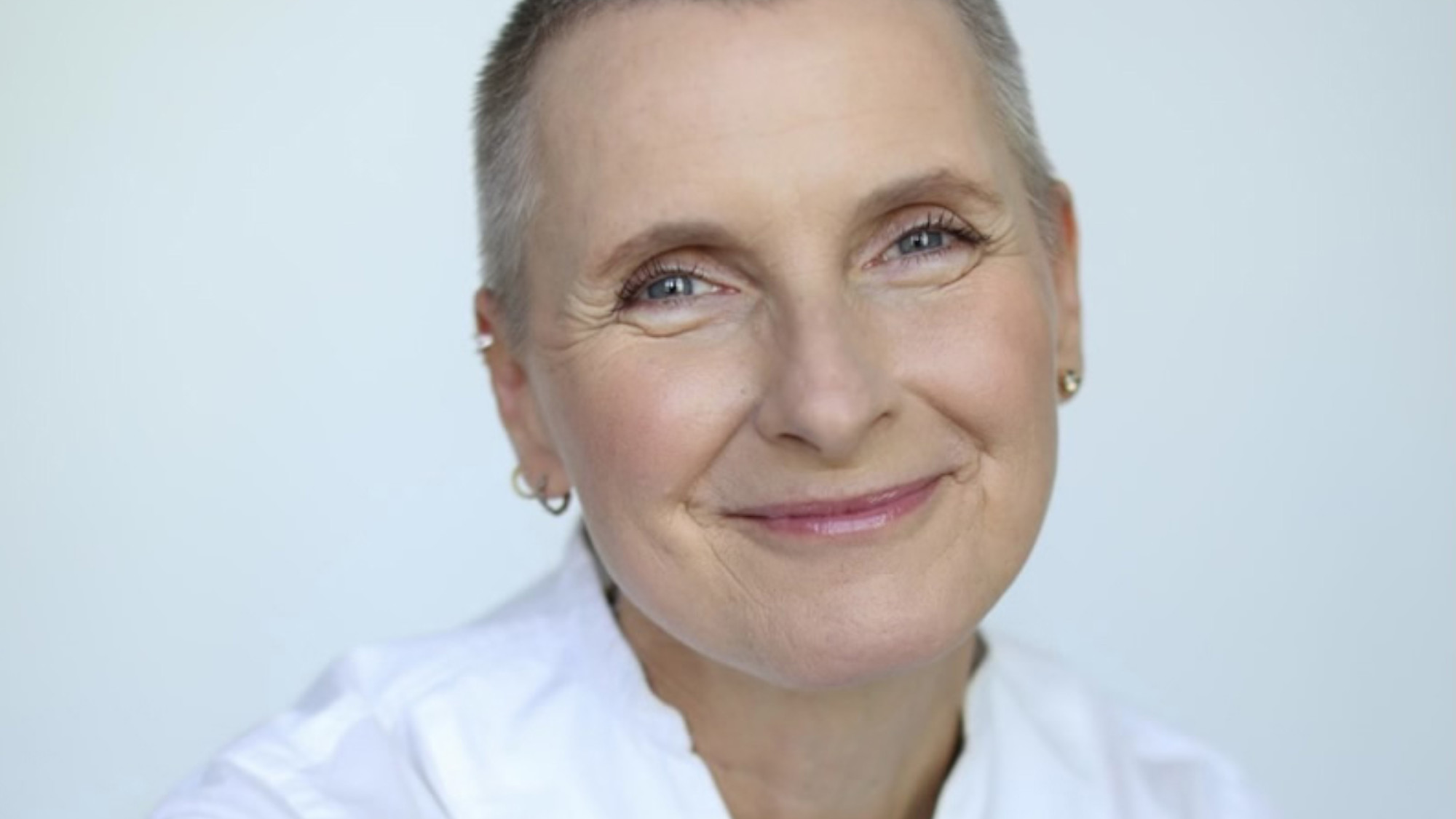 Elizabeth Gilbert’s favorite books about women overcoming difficulties
Elizabeth Gilbert’s favorite books about women overcoming difficultiesFeature The author recommends works by Tove Jansson, Lauren Groff, and more
-
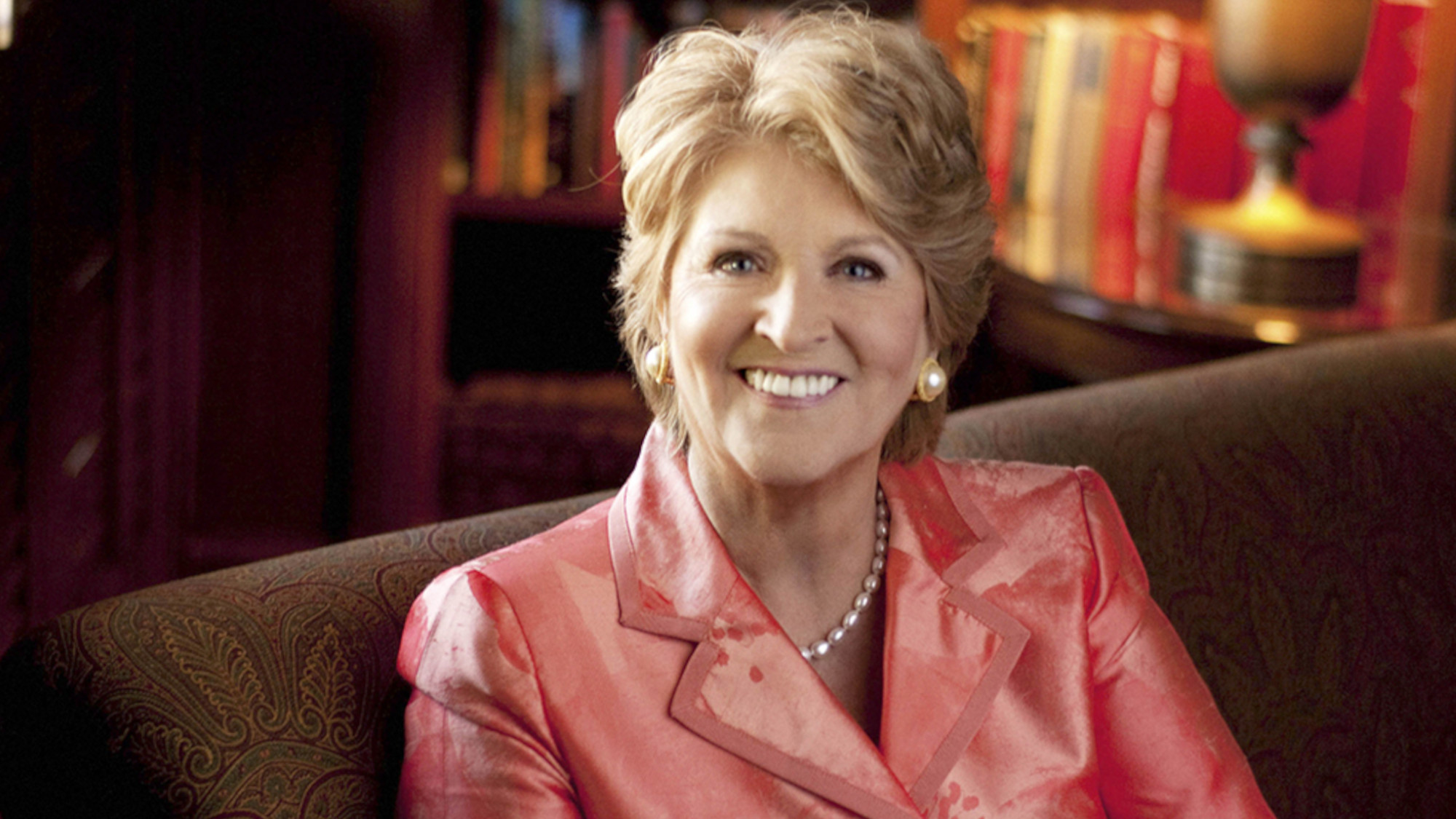 Fannie Flagg’s 6 favorite books that sparked her imagination
Fannie Flagg’s 6 favorite books that sparked her imaginationFeature The author recommends works by Johanna Spyri, John Steinbeck, and more
-
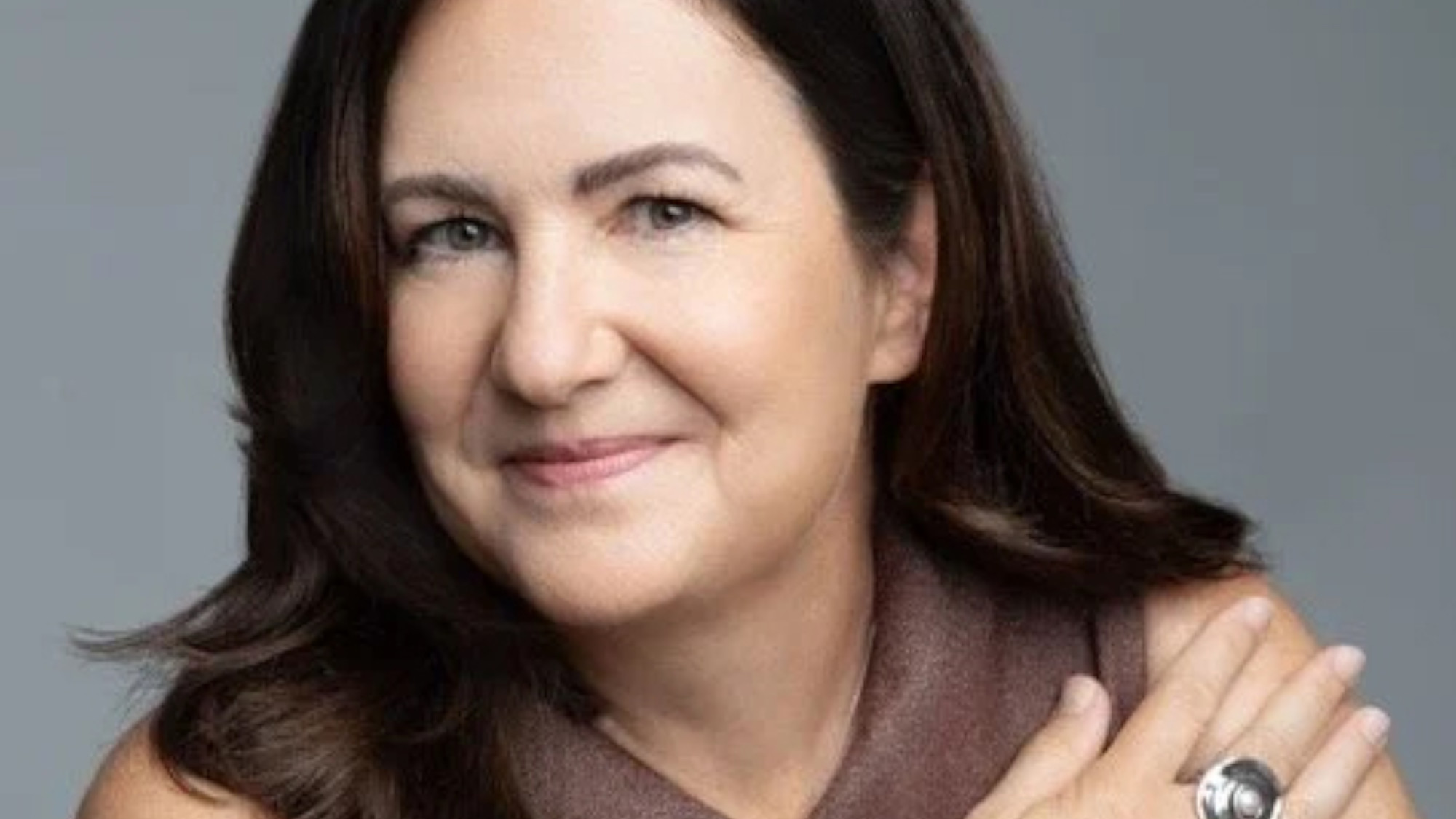 Jessica Francis Kane's 6 favorite books that prove less is more
Jessica Francis Kane's 6 favorite books that prove less is moreFeature The author recommends works by Penelope Fitzgerald, Marie-Helene Bertino, and more